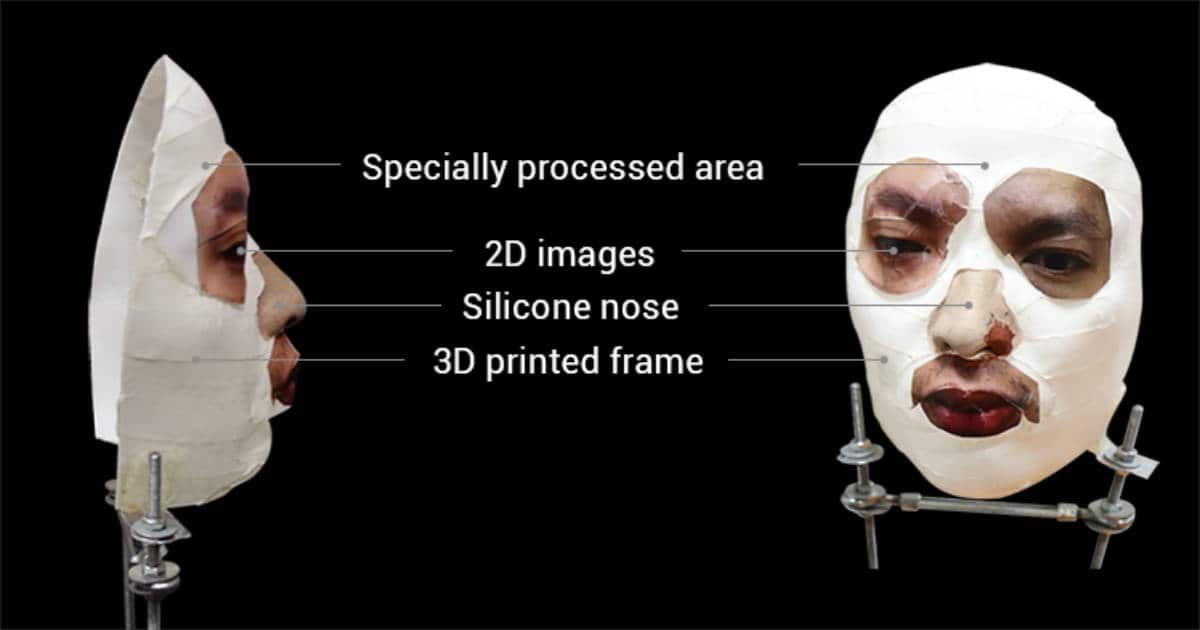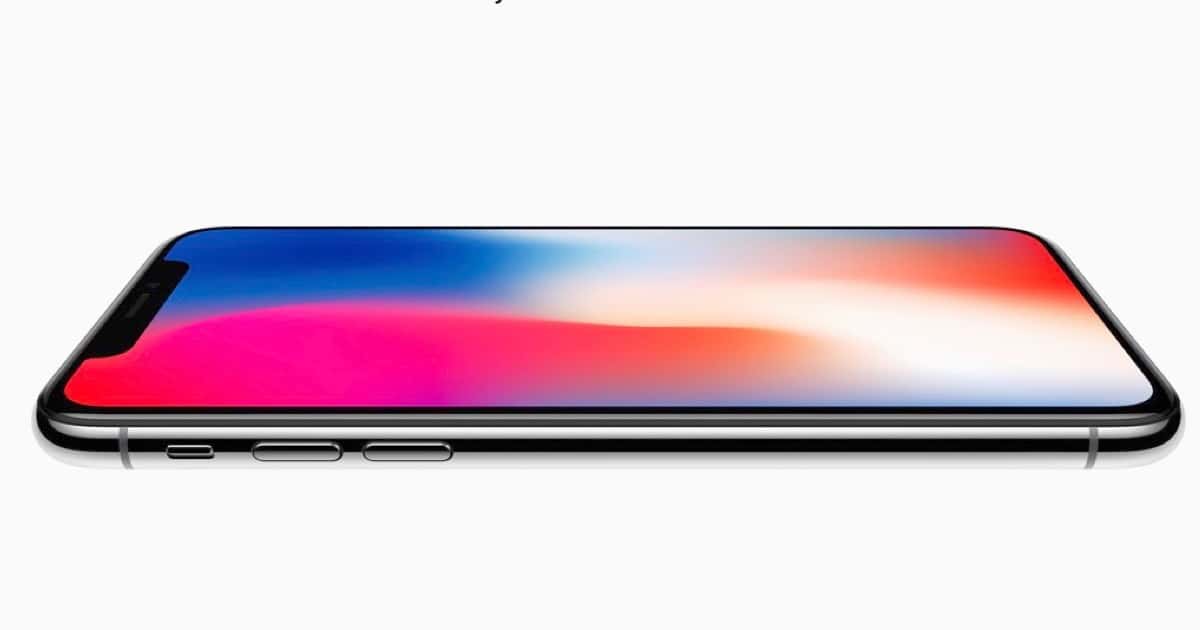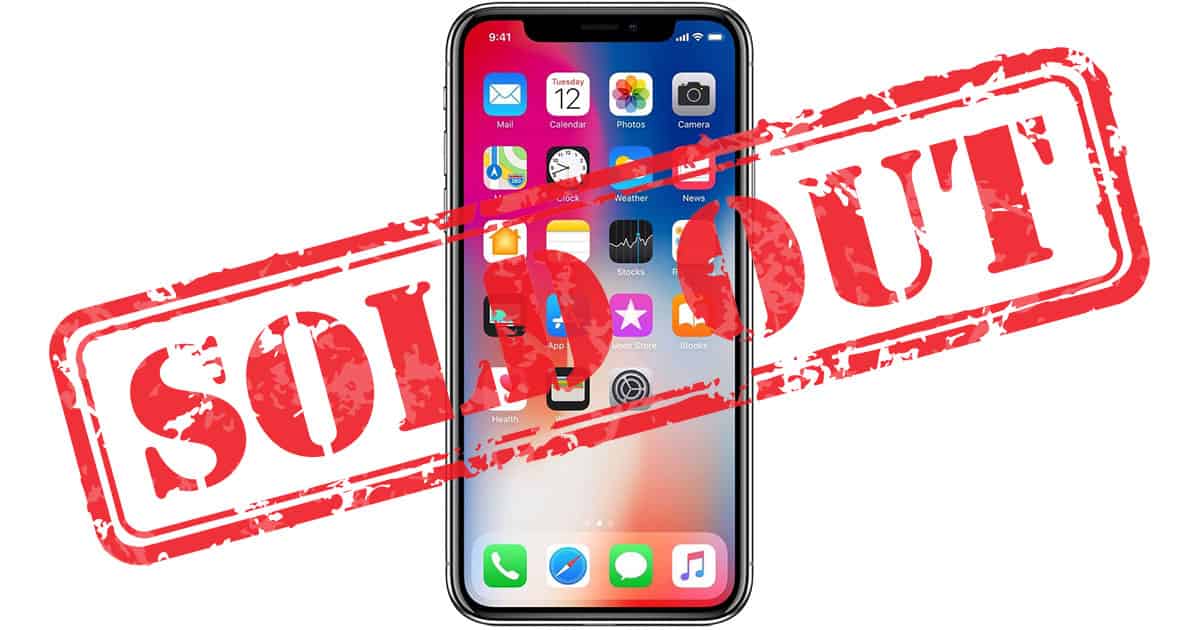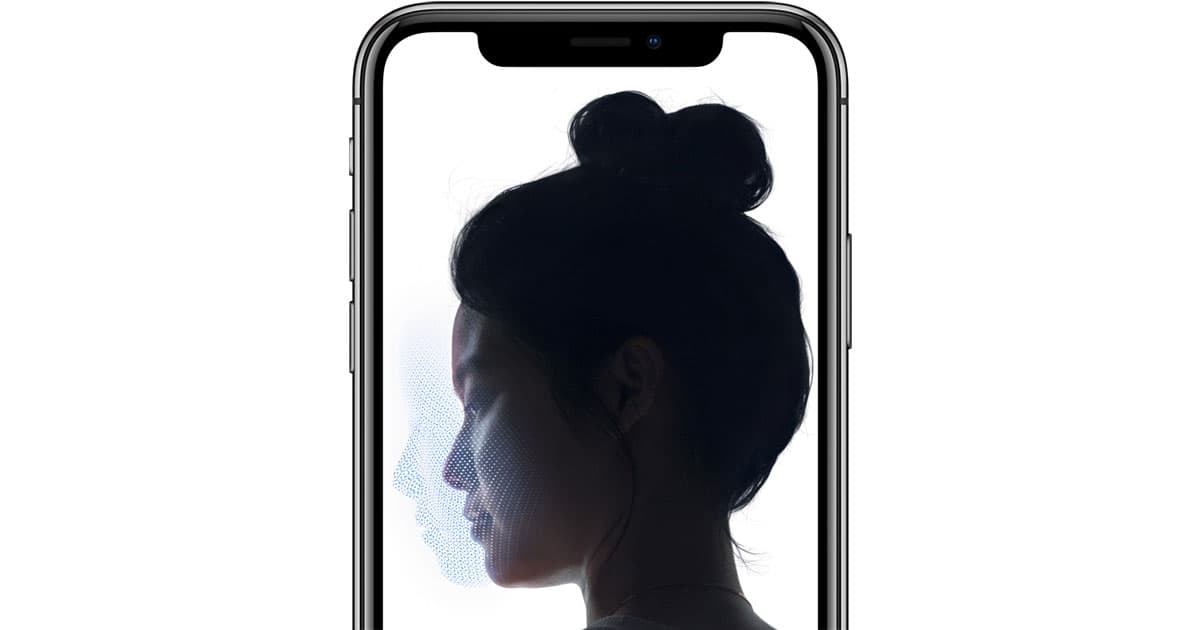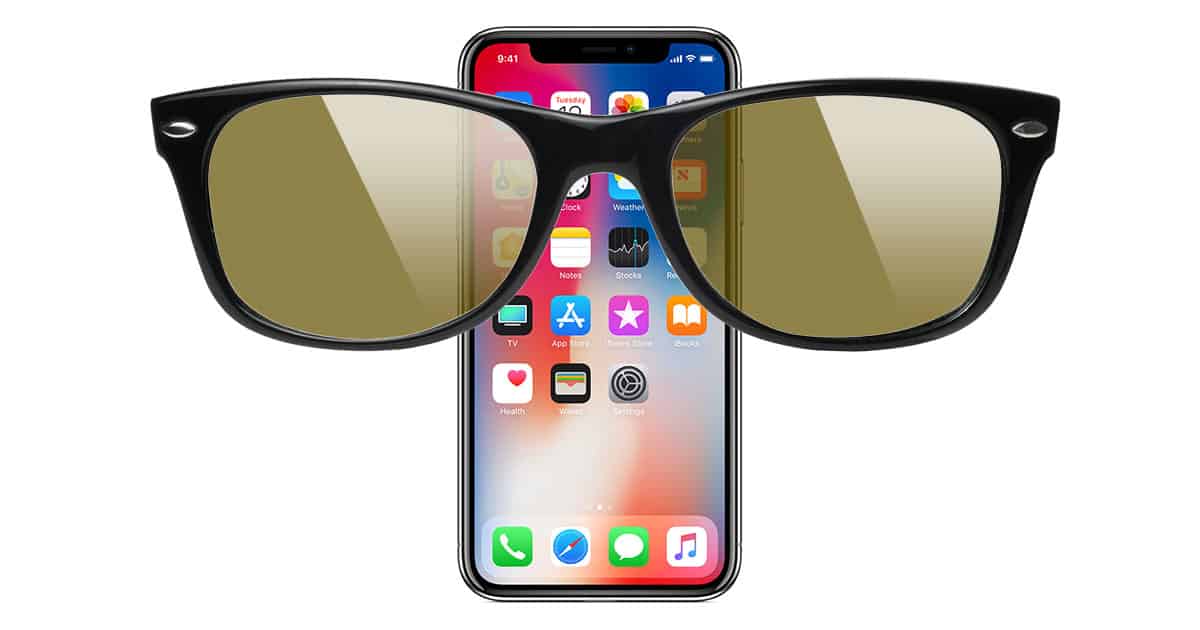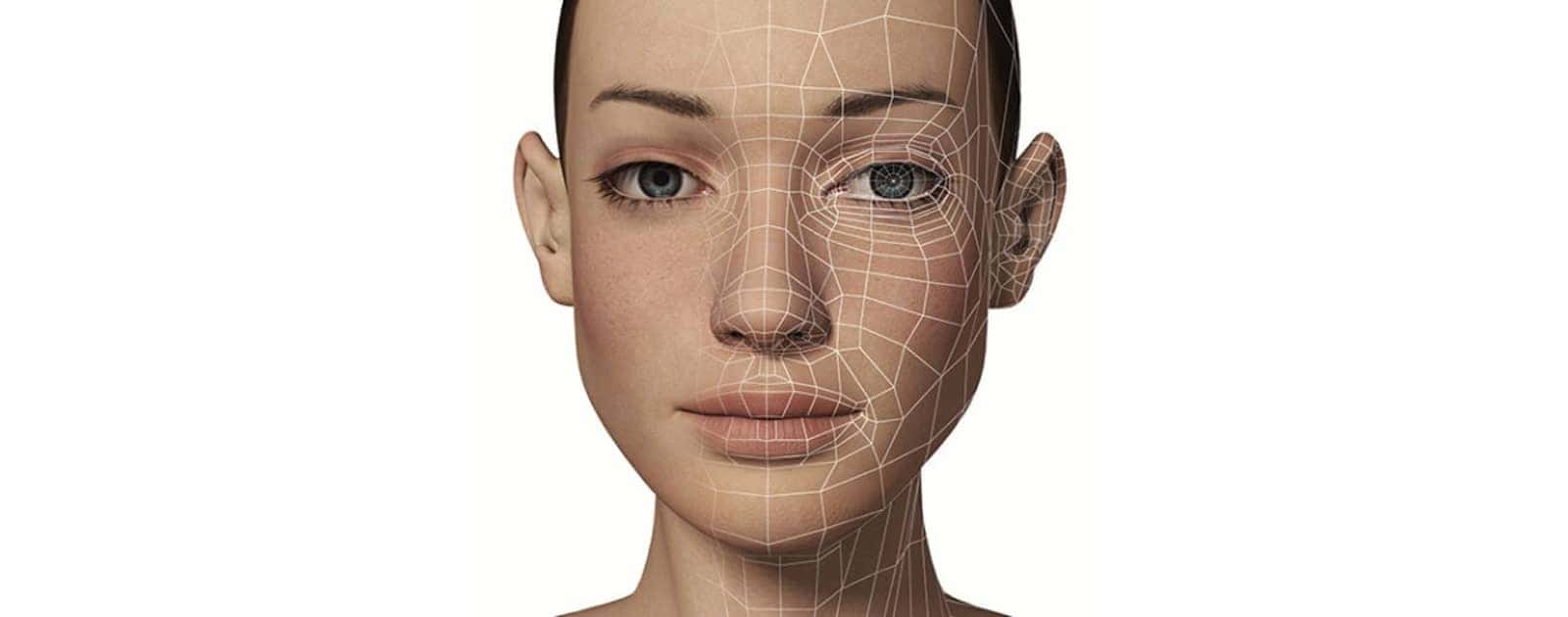Apple made a new commercial by shaving off a hipster model’s beard a little bit at a time and assembling it stop-motion style into a video to demonstrate Face ID.
Face ID
New Face ID Mask Hack, Apple's Gesture Patent - TMO Daily Observations 2017-11-28
Bryan Chaffin and Andrew Orr join Jeff Gamet to share their thoughts on the latest Face ID mask hack, plus they take a look at Apple’s gesture-based interface patent that could come to the Mac.
New Patent Could Give Macs a Minority Report Interface
A just granted Apple patent could hint at a gesture-based interface for future Macs, much like the system Tom Cruise used in Minority Report.
Apple Promotes Face ID in 4 New Videos
They cover topics such as Animoji, how Face ID works in the dark, how it recognizes you no matter what you’re looking like today, and more.
Face ID Hack Created Again by Vietnamese Team With $200 Mask
The team didn’t show the Face ID enrollment process, or how long it took to unlock the iPhone X with the mask at the last test. But with this latest proof-of-concept, they’ve answered these questions.
iPhone X Review: Here's What Apple Gets Right, And Wrong
We’ve been putting the iPhone X through its paces since it came out and are ready to tell you what we think. Best iPhone ever, or just an expensive toy?
iPhone X: How to Reset Face ID
The iPhone X’s Face ID feature is awesome! Unless it’s not. If you’re having trouble getting yours to work properly and consistently, you can try a reset. We’ll tell you how to do just that in today’s Quick Tip!
Hacking Face ID, DOJ Still Hates Encryption - TMO Daily Observations 2017-11-13
Bryan Chaffin and Andrew Orr join Jeff Gamet to look at a report from a security company that hacked the iPhone X Face ID, plus they discuss the DOJ’s new push for encryption back doors.
Apple's New TV Show, Face ID on iPad - TMO Daily Observations 2017-11-10
Bryan Chaffin and John Martellaro join Jeff Gamet to look at Apple’s expanding original content lineup for Apple Music, and John tells us when he expects Face ID to come to the iPad.
Apple's AR Goggles, Listener Face ID Comments - TMO Daily Observations 2017-11-09
John Martellaro and Andrew Orr join Jeff Gamet to talk about Apple’s reported augmented reality goggles, plus a listener writes in about Face ID and Apple Pay.
iPhone X Questions Answered - TMO Daily Observations 2017-11-07
Jeff Butts and Andrew Orr join Jeff Gamet to ask questions from the perspective of someone who doesn’t have an iPhone X yet. They talk about the iPhone X screen, Face ID, Portrait Mode photos, Apple Pay, and more.
iPhone X First Impressions - TMO Daily Observations 2017-11-06
Dave Hamilton and Jeff Gamet share their thoughts on the iPhone X after spending a weekend with Apple’s new smartphone.
Face ID Sensor Privacy Concerns, Live Photos Tips - TMO Daily Observations 2017-11-02
Dave Hamilton and Andrew Orr join Jeff Gamet talk share their insight on concerns about third-party app developer’s access to the iPhone X Face ID sensors, plus they have some great Live Photos tips, too.
Animoji, Apple Feature Drift, The MacBook's Future - TMO Daily Observations 2017-10-31
John Martellaro and Bryan Chaffin join Jeff Gamet share their reactions to iPhone X Animoji, talk about Apple product feature drift, and speculate on what could be in store for the MacBook and MacBook Pro.
Apple's iPhone X Production Won't Top 20 Million Units in 2017
Only 20 million iPhone X in 2017? Good luck getting yours this year.
Face ID Security, Amazon's New Echo - TMO Daily Observations 2017-09-28
John Martellaro and Jeff Butts join Jeff Gamet to share their thoughts on Apple’s Face ID security white paper, and they weigh in on Amazon’s new Echo product lineup.
Federighi on Face ID: What We Need to Know
Apple’s senior vice president of software engineering gives plenty of insight and details about the new technology, which should set many people’s minds at ease.
Craig Federighi's Face ID Q&A on Conan O'Brien
Conan O’Brien has the unaired footage of Craig Federighi’s Face ID Q&A session with audience members at this week’s iPhone X launch event, and by “footage” we mean “opening sketch for the Conan Show.” The questions are absolutely fantastic and exactly what you’d expect from random audience members. It’s also a great example of just how mainstream Apple, the iPhone, and Apple’s media events have become. The video is just over a minute and a half long and worth checking out.
iPhone X: Face ID Works with Sunglasses
If you’re worried about Face ID failing when you try to unlock your iPhone X because you’re wearing sunglasses, don’t be.
What We Know About iPhone X Accessibility Features and Face ID
Apple didn’t ignore accessibility features in the iPhone X, but you might be able to argue it didn’t give them as much forethought and attention as it should have.
Finding the iPhone 8's Place, Face ID Demo Fail - TMO Daily Observations 2017-09-14
Bryan Chaffin and John Martellaro join Jeff Gamet to discuss how the iPhone 8 fits in to Apple’s product lineup and whether or not it’ll sell well next to the iPhone X, plus they look at the explanation for Tuesday’s Face ID demo fail.
Apple Says Face ID Demo Fail was Really the System Working Perfectly
Apple says what looked like a Face ID demonstration failure at the iPhone X unveiling was actually the feature working exactly as it should.




